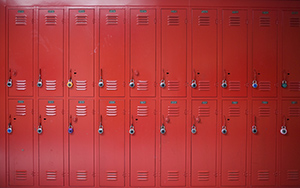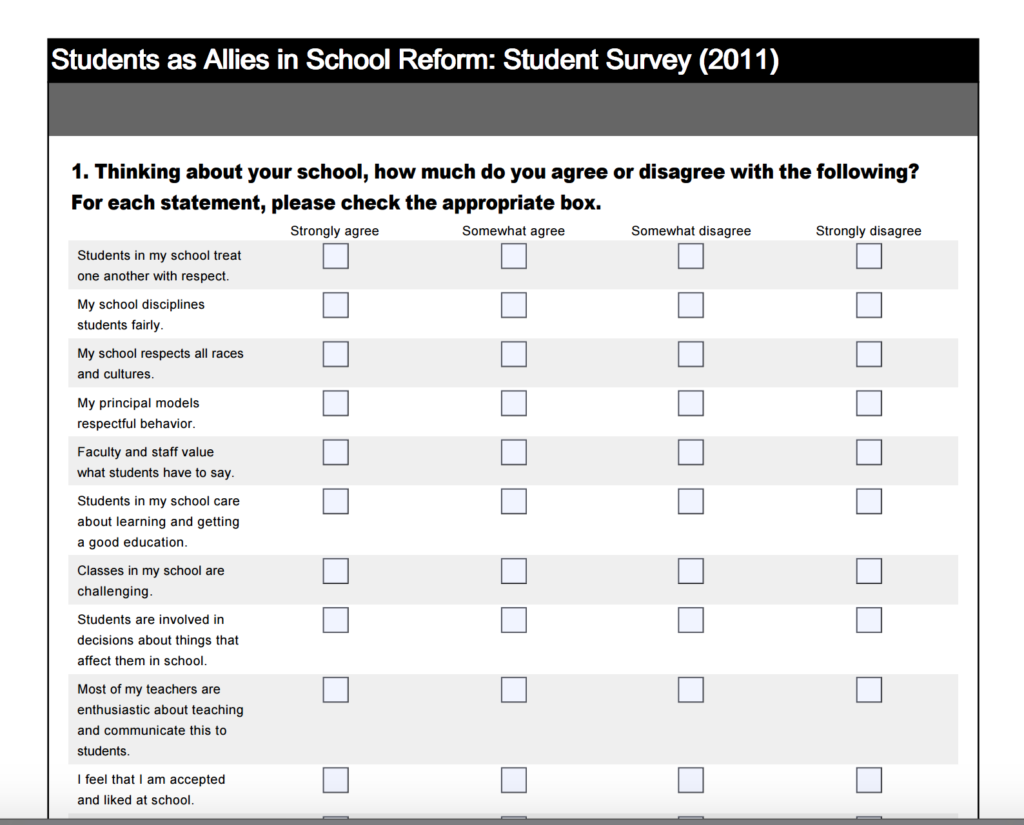Disconnected Young Adults in New England

This study provides an overview of the scope, scale, and consequences of the current disconnected young adult challenge. The authors offer policy recommendations to make the education system more flexible for this high-risk population. In New England alone, 10%, or 142,000 young adults ages 18-24 are “disconnected,” or leaving the public education system without the… Read More ›
Building Multiple Pathways: Approaches, Relevant Programs and Implementation Considerations

This report from the Nellie Mae Education Foundation offers alternatives, or “multiple pathways” for learners to be prepared for post-secondary options. High school graduation rates for students from traditionally underserved populations tend to be low—figures show that students from families with income in the bottom 20% dropped out of high school at six times the rate… Read More ›
Maine Department of Education

This website, Maine’s Department of Education, provides information about the state’s vision, goals, and core priorities. Maine’s website is well-organized and provides education information for a number of different audiences. It is worth taking a look at if you are interested in learning more about how a state might support a student-centered education system. Source… Read More ›
Council of Chief State School Officers: Innovation Lab Network

The Innovation Lab Network (ILN) is a group of states taking action to identify, test, and implement student-centered approaches to learning that will transform our public education system. The goal of the ILN is to spur system-level change by scaling locally-led innovation to widespread implementation, both within and across states, with a constant focus on… Read More ›
Strategies for Student-centered Discussion

Watch a teacher lead a student-centered discussion in her classroom and discuss strategies. Source Organization: Teaching Channel VISIT THE RESOURCE
Student Voice Matters: Resources

To support organizations and districts interested in implementing student-voice policies such as constructive feedback or student involvement in teacher evaluation, Student Voice Matters has created a page of resources that includes: surveys on school climate; student-to-teacher constructive feedback form; student-to-administrator feedback form. Source Organization: Youth on Board Visit The Resource
Student Voice Matters

In 2013, Youth on Board and the Boston Student Advisory Council launched the We are the Ones in the Classroom – Ask Us! national campaign to involve students in providing feedback and evaluation to their teachers with the help of the W. K. Kellogg Foundation. This website includes project ideas and resources for increasing student… Read More ›
Global Best Practices

This tool is a practical, action-oriented self-assessment for secondary schools. It was developed for the New England Secondary School Consortium. The tool grew out of a recognition that national borders no longer define the knowledge, skills, and habits of mind that students need for success, and that New England’s high schools may need assistance reviewing… Read More ›
Documenting Stories of Immigration in Your Community

This resource provides information on how to empower students to become more engaged with the issue of immigration and provides a manual for teachers and students for getting started. Source Organization: What Kids Can Do Visit the Resource
Taking Democracy In Hand: Youth Action For Educational Change in the San Francisco Bay Area

More than field notes but less than a case study, this informal paper draws upon site interviews and conversations with ten Bay Area youth organizing groups, highlighting some of their burgeoning accomplishments and growing wisdom. It also outlines how their work builds, step by step, capital and capacity among participants; why youth-adult partnerships are important;… Read More ›
Classroom Assessments that Informs Instruction

This paper introduces educators to the concept of assessments that informs classroom instruction. It offers representative formative assessments that elementary, middle, and high school teachers can use in their classrooms to inform their instructional practices. Specifically, the authors illustrate assessments teachers can use before, during, and after instruction that will help them understand their students’ learning… Read More ›
Students as Allies in Improving Their Schools: Student and Teacher Surveys

What Kids Can Do worked with schools in 5 cities to support student involvement in reform as part of the”Students As Allies” initiative. They helped students conduct action research, participate in meaningful dialogue, and take action in partnership with adults. The Student and Teacher surveys, which were updated in 2011, can be adapted by student/adult… Read More ›